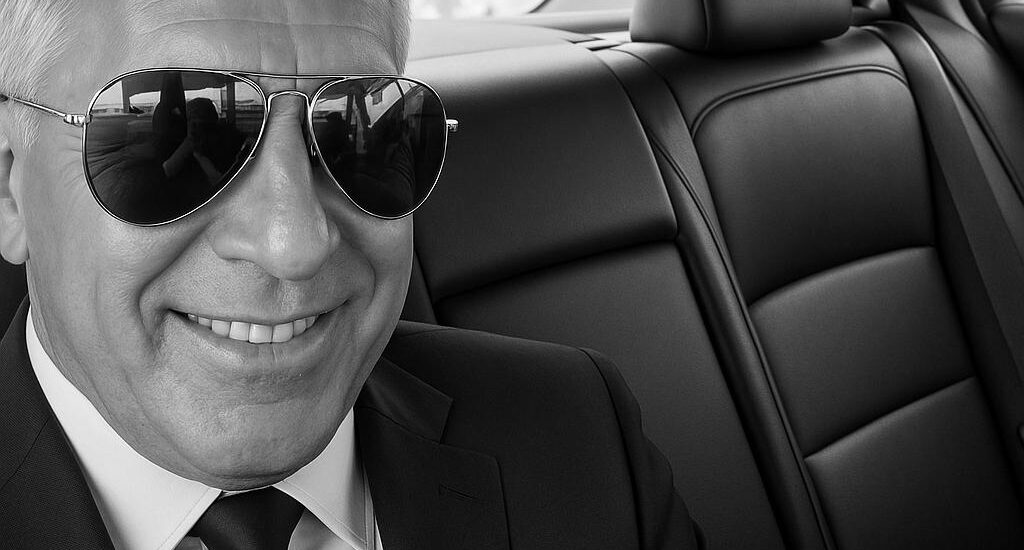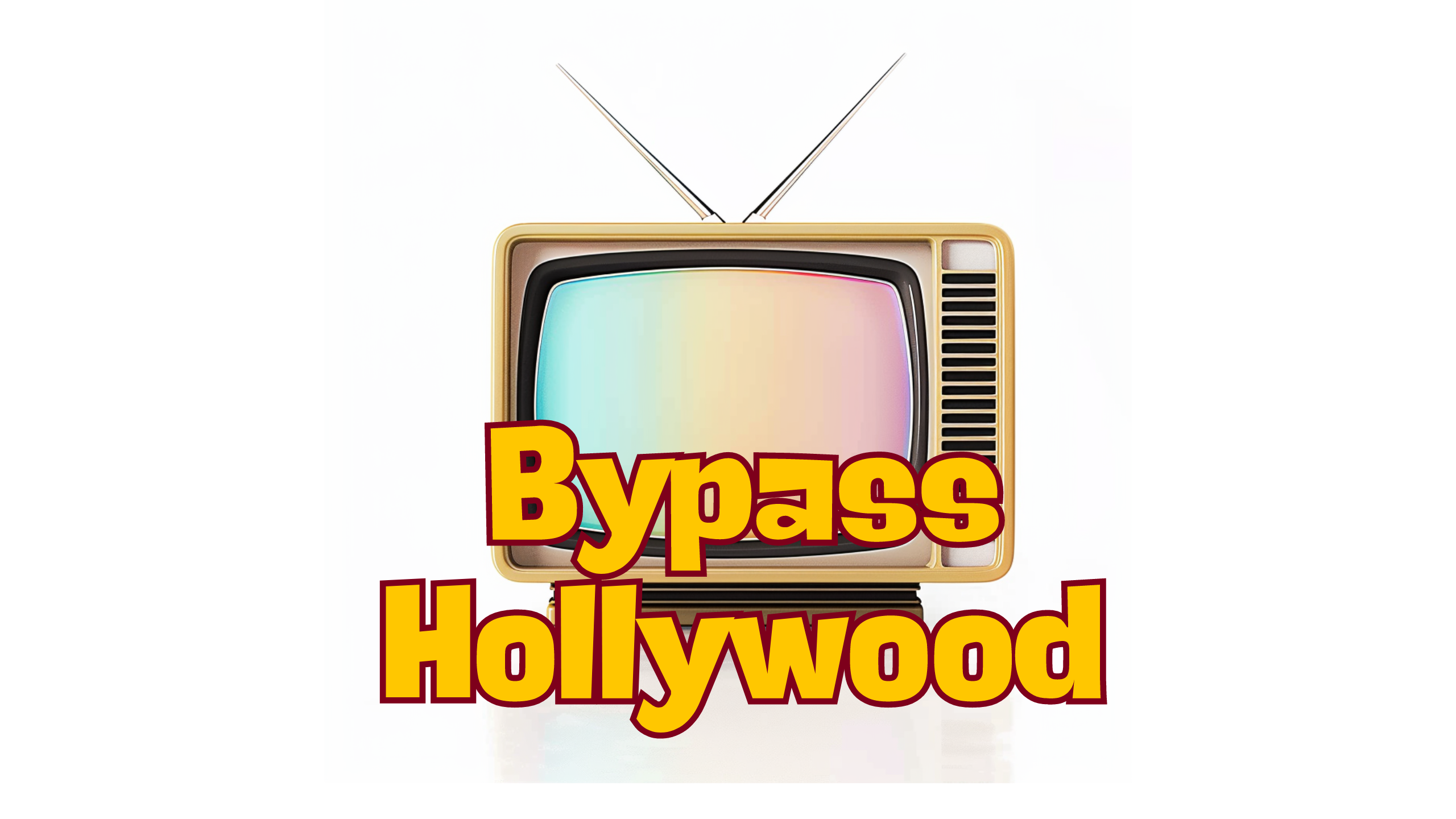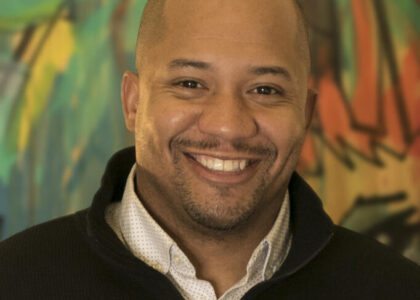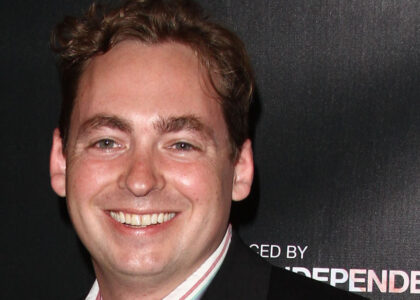


I sat down with Richard Hone, a powerhouse advisor in film financing who’s worked with everyone from Michael Jackson to Jack Nicholson. As CEO of Group 2 Entertainment, Hone has carved out a unique niche in Hollywood, creating innovative financial models that actually work for investors. What makes his story even more fascinating? His journey began in the boxing ring, not the boardroom.
You have quite the story. For those who haven’t really had any idea about what you do in the past, how would you best describe your career journey?
It’s kind of interesting because I was a world contender kickboxer and I got into the boxing business and managing fighters from that in the early eighties. My grandmother actually gave me the love of boxing. On the weekends, I would go and watch all the fights on ABC and NBC and CBS during the seventies when it was on every network, Saturday and Sunday. So my grandmother was really the one who got me interested in boxing, believe it or not.
I had a lot of success in the eighties, managed a bunch of world champion fighters, Livingstone Bramble, Bobby Czyz, I managed Harold Knight, Johnny Duplessis. I managed John with the mayor of New Orleans, Dutch Morial, who was a very, very famous guy in his own right.
From there, I got in the television side of the business, selling all the big fights overseas. There was a consortium of agents, television agents, Chester English, Kenzo Kuroda, Hector Figueroa, myself, that kind of split up the world. And we sold all the big fights all over the world.
I got into the music business kind of at the same time through some friends of mine and some family members. I became a television agent. I represented all of Bill Graham’s archives. The biggest rock stars in the world were calling me because at the time they had all these concerts that they filmed and they didn’t have a place to put them.
In 1987, all of the television networks around the world became privatized. There was only government-owned networks for the most part. And then all these new networks popped up. Canal Plus in France, Rete Italia, Rai, all these networks came into Telecinco in Spain, Granada TV in the UK. So there was competition now, free market trade to the government owned entities and they had no content.
Then I got a call from Michael Jackson. I got involved with Mandela and with the human rights movement, with the Amnesty Tours early on. And we did Freddie Mercury AIDS Benefit, Mandela Freedom Concert, Michael Jackson Live in Bucharest. And that’s how kind of, Michael came into my orbit and I spent 10 years on and off with him.
In that whole period, I got involved in financing films and I had a lot of early success and I kind of stayed involved in that. I represented some NFL players in the interim. I did a lot of marketing deals with a really famous agent. Then people just kept calling me to finance films. So I went out to the market. I’ve always been able to raise institutional capital. And that’s how we line up.
I know you’re a very humble guy, but you glossed over a really big part of your career. Working with someone like Michael Jackson. He trusted you to do quite a few deals for him. What would you say was one of the number one things that you learned working with Michael, whether it’s something that you brought to the table or something that you learned from him?
I think I can start before that and what I learned from Don King. Don King was tenacious and what I learned in human rights from Mandela and Mary Robinson and Aung San Suu Kyi was to never give up and always do what’s right. And my Christian upbringing kind of lends to that.
Don King, I was with Seth Abraham one time when Seth was the president of HBO Sports. And he just came up to me at a cocktail party. He just goes, “Don King is formidable when he’s asleep.” And I just, it didn’t dawn on me what he said. Then I got to watch Don King all the time, because I was always up there. I was always at 32 E 69th Street with Al Braverman and Eddie Mafuz and Don. And that guy just outworked everybody and outsmarted everybody. And what Seth was saying was you have to pay really close attention to him because he’s like a shark. He never sleeps. He’s formidable in his sleep, when Don was asleep, but he really wasn’t asleep and he was out thinking you. And that gave me my path.
As for Michael, he was famous when he was five and that’s tough to do. I spent a lot of time with him, he used to call me like 20 times a day. But he left a message one time on my machine. We were doing the deal with Magic Johnson and Joe Frazier, who was in my life for 24 years, and like a father to me. And we were putting a new company together, me, Magic, Joe, and Darren Prince.
Michael had left a message for me when we had the boxes, the voice message answering machines. And he said, “Oh, I think I can be helpful.” And I was like, this guy’s like the most famous person on earth. He was just like, “I think I could be helpful.” And my daughter Serenity’s godfather saved that message. The godfather of my daughter, Darren, saved that message all these years because it was so amazing to have somebody that was that well known and that successful and just didn’t have a really high opinion of himself in a lot of other areas of his life.
You put him in front of a microphone, put him in a studio. I mean, I got to see his creative genius. He would call me in the middle of the night and say, “I have this great idea.” And I’d get my whole team together and put pen to paper and budget it out. He was thinking about high depth television before anybody else was.
He was a big kid. He never had a childhood. That’s the truth. He was five years old on the road and experiencing things in those hotel rooms that no child should ever see. He was a great father too. Every time I was around him with the kids, I knew Paris and Prince when they were young. One day we were talking, we were finishing Invincible and doing the concerts at Madison Square Garden right before 9/11. And the man came in for room service to feed them food. And Michael said, “Now you make sure you tell this nice man, thank you very much.” That’s the way he always was.
But you know, the addiction got in the way of good decision making. At the end of the day, he lost. He owned 50% of the Beatles catalog and he lost half of that. And at the time when we valued it, because we did the $130 million loan with Citibank, and he blew through that money in like a year. It was just watching a train wreck.
Michael was a fascinating guy. When people use the word creative genius, because a lot of people use that in very loose terms, he was truly a creative genius. And I got a lot of his discipline. Watching him work made me better because he was such a perfectionist and so am I in so many ways. And I demand high standards. I don’t ask anybody to do anything that I won’t do or have already done.
I’ve noticed recently I’ve been meeting a lot of really brilliant business men and women. And one common thing is that they are or were athletes. What is it about being an athlete that prepares you?
For me, from seventh grade on, I was on a really strict diet as a wrestler. And I think that helped my discipline a lot. And constantly having to be a student athlete and making weight and still having to make grades. And I did really well in school. I got accepted into Columbia University. I ended up at Syracuse and then I got hurt early on in my wrestling career.
I think that’s it. I think it’s the discipline that you go into as an athlete, especially in those sports that have that other element where there’s a diet involved. Wrestling is a different animal. There’s a lot of discipline in that and you’re cutting weight. Back then we didn’t have the way they do it now, which is they weigh you at the beginning of the year. So you’re only allowed to lose a certain amount of weight. They didn’t even care back then. I remember not eating for days.
And I think that’s one of the things that helped me in this, and the lessons I learned from Don King to always just out-think and outsmart. He wasn’t an educated man, he was from the streets, but he was smarter than everybody. I’ll tell you that he was able to control the heavyweight division for decades and make all those incredibly great television deals. When Mike Tyson in the nineties was making 30 million a fight just on the Showtime contract, that was substantial.
There are different film finance companies out there. Some of them are good. Some of them are not. But what would you say makes your business different than the others if someone, if there’s an investor thinking about where to put their money? Why would they go with your company?
The business models are better. They offer the investor a much better way to mitigate their risk. Every time I talk to a hedge fund, every time I talk to an investment banker, every time I talk to a VC fund, every time I talk to a P fund, if I talk to somebody at Bridgewater, they say one thing, how are we mitigating this? That’s all they ask. That’s the first and last question they ask. Everything else is just white noise because that’s all they care about.
So when you give somebody a blended interest where they’re getting this collateralized debt, it mitigates the risk on the equity. When you’re giving them gross sales, it mitigates the risk even further on the equity. When you’re bringing them a product that makes sense financially, you’re mitigating the risk even further.
When you have a film like X Factor in the Jungle with Simon Cowell based on an IP that’s still in 180 countries in the world, it mitigates the risk because your P&A, your marketing spend is going to have a lot of support from that TV show. Simon’s the executive producer. When you have Stan Lee stuff that Marvel doesn’t own, Stan Lee is Stan Lee. He’s got billions of digital imprints all over the world, an incredible goodwill.
So, when Warner was making Acme vs. Coyote at 70 million and just took the write-off, it was because none of those guys know what they’re doing. When you have guys that I know, that I work with, that are making a Stan Lee movie for 20 million and it’s just as good, now you have a chance to make real money. So, it’s all about good choices too. Not everything’s good.
Say it was your daughter or a niece or nephew and they’re very, very talented. Like they are the next Spielberg and they want to produce that first film. They’re not going to raise maybe even a million dollars. What advice would you give them to get that first chunk of change to really create something?
Make sure the material that you’re working with is really good and send it out to people that can help you understand that it’s really good. And I think that’s the biggest problem. Let’s just look at De Niro’s last movie, Alto Knights, right? Two mob bosses, right? 45 million. You know, nobody cares. It’s not good. And it’s Irwin Winkler. So not everything is good.
I think Steve Longhi, who’s a really good friend of mine, who’s also really active up there. And he won a couple Academy Awards for Hacksaw Ridge, which took him like 15 years that he had that movie. He was the one who nurtured that movie the entire way through. And not everything is good. I don’t even advertise anything. I don’t even ask for people to send me stuff and I get 700 film packages a year. And maybe one or two of them are worth moving, worth telling somebody that you have something good here.
Just because you wrote a script doesn’t mean you’re entitled, because that’s what everyone thinks. Everyone thinks they’re entitled to $10 million just because they wrote a script. They don’t even know if it’s good. They have no ability to attach talent. No A-list talent is going to attach to a producer and a director that don’t have credits. So they’re just not paying attention to how the business works.
They need to get producers on board and a director on board that has credits. If you want me to look at something, I need to know who your producer and directors are, their last three to five films, what the theatrical number of screens in a theatrical release, what was your P&A spend? What was your gross box office? I could figure out from that if you made any money or if you lost money. And the reason why 90% of the indie films lose all their money is because they’re misguided from the beginning.
If you were to pull out your crystal ball and think about just two years in the future for film and television, what do you see happening?
I think it’s going to sustain the way it is. I think that because it’s harder to get in the theaters and sustain and be successful in the theaters, people are gonna start, you can’t go back to the well twice. If somebody loses all their money on a film, that’s gonna get out. So I think we’re gonna weed out the weak.
I think people’s viewers are much more sophisticated these days and they have a lot more choices. So you have to come right. You have to give them something to get out of there, get off their ass, get in the car, go to the theater, buy the ticket. It’s expensive to go to the movies, and so you need to give them a real reason to go and to see things.
I think people are tired of all the remakes, Marvel and all that stuff too. So that’s showing at the box office. Those are all losing money. At 250 million, you need 800 million to break even. And they’re not getting anywhere near that. So I think there’s going to be a lot more intelligent decisions being made. I hope there is because I think the viewers deserve it. The reason why our films were successful and never lost money is because we made good choices.
Richard Hone is the CEO of Group 2 Entertainment.




